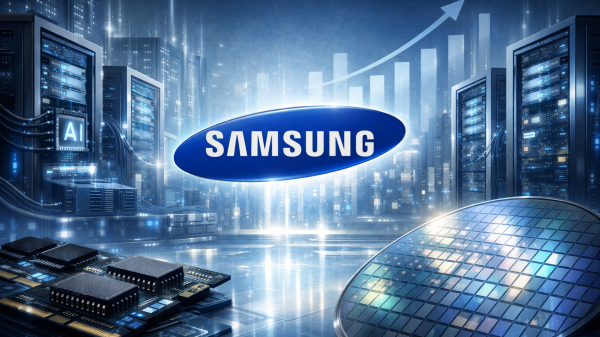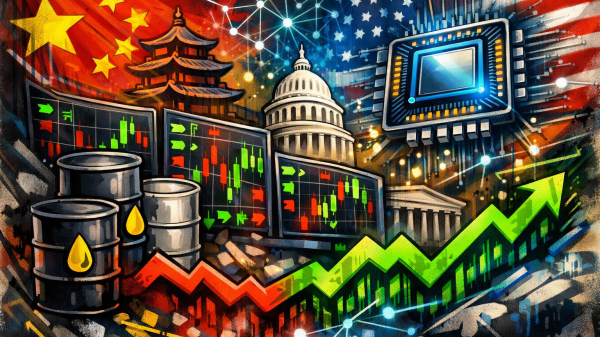Joe Biden is out of office, but the ghost of his economic agenda still lingers. Its echoes can be heard at an activist group called the American Economic Liberties Project (AELP).
Founded by a former senior advisor to Lina Khan, the progressive head of Biden’s Federal Trade Commission, the AELP claims to oppose big business consolidation in the name of protecting the American consumer.
Yet as with so much “progressive” economics, its preferred policies of big government interventionism would achieve the opposite of what the group claims.
Consider AELP’s advocacy on one of the most consolidated industries: airlines.
No one disputes that a handful of airlines dominate American airports. The four largest airlines in the country — American, Delta, Southwest, and United — control roughly three-quarters of the market. But it’s important to understand the reasons for this.
The industry is intensely competitive. Airlines operate with small profit margins (three percent), and many have folded over the years. Those that remain achieve efficiencies by operating at scale, hence the dominance of big players in the market.
Starting a new airline is extremely capital-intensive, so it’s more likely that any new competition to the big four will have to come from the existing smaller carriers finding ways to team up.
This is where the progressive approach, with its extreme bias against bigness in business, proves counterproductive. AELP recently lashed out, for example, at the Trump administration for greenlighting a business collaboration deal between United Airlines and JetBlue.
The deal isn’t a traditional merger — United and JetBlue would remain separate companies. They simply want to pool resources and let customers book across both websites and share loyalty programs.
It’s a win for consumers, and it may also be necessary for JetBlue to survive.
JetBlue, the sixth-largest airline in America, has long been trying to compete with the entrenched power of the big four. Under the Biden administration, it tried to merge with Spirit Airlines, only for the merger to be blocked.
As a result, Spirit Airlines filed for bankruptcy in November 2024 and then again just days ago. JetBlue, meanwhile, faced a serious bankruptcy risk and was forced to cut flights, staff, and perks. The only winners were the big four, whose dominance grew as two smaller rivals weakened.
Now, JetBlue is once again trying to compete by teaming up with United. And it’s once again being attacked by the same people who claim to support more competition.
AELP vehemently opposed the attempted merger between JetBlue and Spirit, calling it a “blatantly anticompetitive deal.” It also cheered when Biden’s Department of Justice blocked a proposed partnership between JetBlue and American. Sadly, it has engaged in no introspection after this misguided approach reduced competition and harmed consumers.
The AELP’s argument time and again has been that mergers and partnerships among airlines further consolidate the market and drive up prices for consumers. But prices are already increasing, up 25 percent just in the last year, and it’s hard to see how preventing the Spirit-JetBlue deal did anything but make matters worse.
By fighting to block the very partnerships that might let smaller airlines scale and compete, AELP entrenches the dominance of the big four. Consumers pay the price.
AELP simply has a flawed understanding of how best to advance competition. The group is essentially a continuation of the Biden-era antitrust crusade by other means. Regulators jettisoned the consumer welfare standard and instead treated every merger as a monopoly threat, even when the effect was to strengthen smaller competitors against giants.
That ideology may have lost power in Washington, but it lives on at AELP, which sees “competition policy” as code for more government control, no matter the consequences for consumers.
What the airline industry needs isn’t yet more counterproductive activist interference. It needs freedom to compete — sometimes through mergers, sometimes through partnerships, always through innovation.
Because the true enemy of monopoly isn’t more bureaucracy. It’s market competition.
























